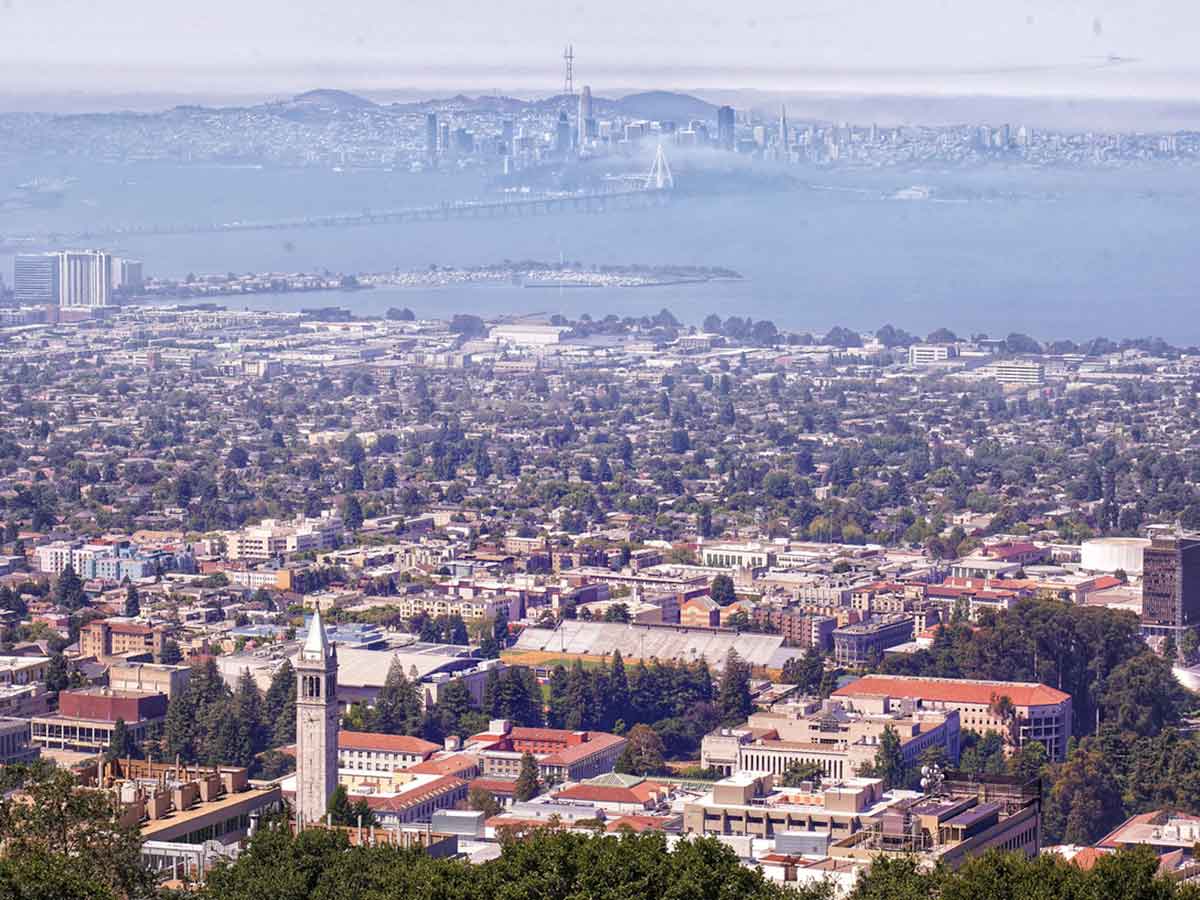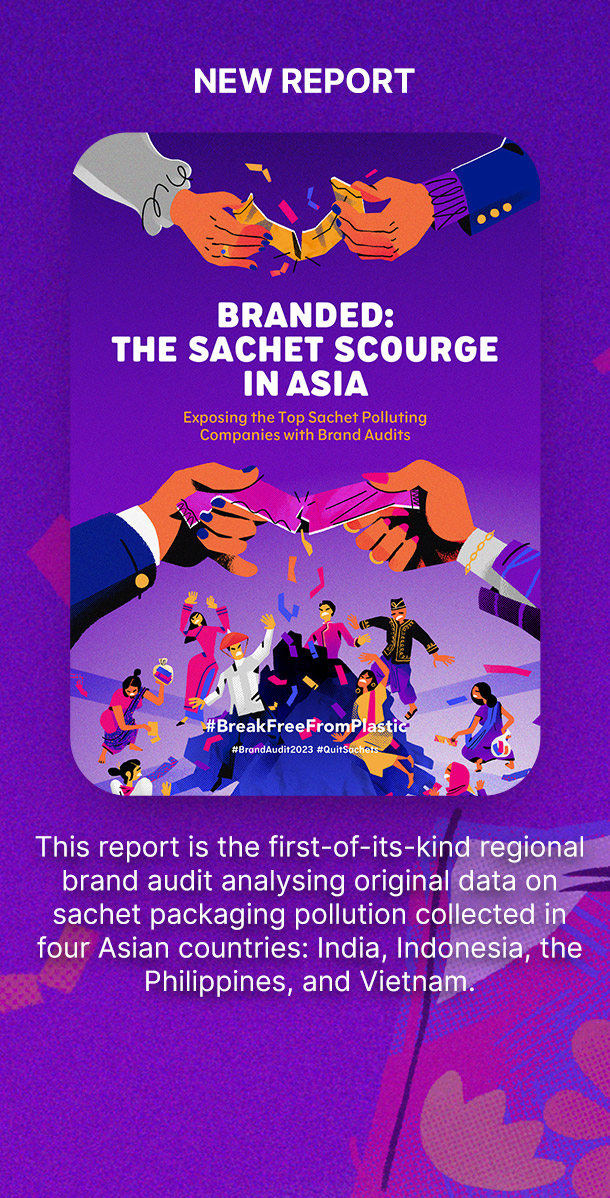Press Release
[Berkeley, CA] On January 22, 2019, the Berkeley City Council will vote on the Disposable Foodware and Litter Reduction Ordinance, the most ambitious and comprehensive piece of municipal legislation in the US aimed at reducing single-use disposable foodware.
The “Disposable-Free Dining” ordinance will get its first reading at the December Berkeley City Council Meeting. A press event will be held in advance, at 4:00pm (location), featuring Council Member Sophie Hahn, the ordinance’s lead author. “Single-use disposable foodware is a local and global problem, one with enormous financial and environmental
costs,” says Hahn.
Berkeley’s ordinance goes further than the many disposable plastic reduction ordinances that have passed around the US and globe in the last two years. It requires that:
1) only reusable foodware can be used for dine-in service,
2) all takeout foodware must be BPI-certified compostable,
3) food vendors must charge customers $0.25 for every disposable beverage cup, and
4) disposable compostable straws, stirrers, cup spill plugs, napkins, and utensils for take-out are provided only upon request by the customer or at a self-serve station.
City-owned facilities and City-sponsored events will adhere to the same standards, and mini-grants will be available to help businesses transition.
In April 2018, the City Council introduced the draft ordinance and referred it to the Zero Waste Commission to seek public input. The Commission held six public listening sessions, received over 60 pages of input, and submitted recommendations back to City Council. Councilmembers then revised the ordinance into its current form, which will be put to a vote.
Earlier iterations of the ordinance accepted recyclable disposable foodware, but the final draft omitted it altogether, as global plastic recycling markets continue to founder. “Most of the single-use plastic foodware has no value in today’s recycling markets. With China’s ban on importing plastic scrap, cities are actually paying to get rid of it,” says Martin Bourque, Executive Director of the Ecology Center, the nonprofit that has collected Berkeley’s recycling since 1973. “We cannot recycle our way out of the disposable foodware problem. We have to focus on reduction.”
“Our throw-away culture is leading to a proliferation of plastics in our food, air, and drinking water, which threatens human health and all ocean life. Disposable food packaging is the biggest contributor to the problem,” says Upstream’s Policy Director Miriam Gordon. “Globally, we’ve seen that charging consumers for plastic bags is the most effective way to
shift people from disposables to reusables. The Disposable-Free Dining ordinance builds on
that strategy.”
“Businesses that make these changes are often surprised at the cost savings and customer
satisfaction when they move away from disposables,” says Samantha Sommer, who manages Clean Water Action’s Rethink Disposable, a grant-funded program that helps local businesses make the kinds of changes the ordinance mandates.
According to a Clean Water Action study, food and beverage packaging comprise the majority of all Bay Area street litter. Bay Area cities are struggling to meet the Regional Water Board’s zero litter to storm drains requirement by 2022. Like other cities, Berkeley bears the cost of litter abatement – including the costly collection of debris from storm drains – as do the business districts. Last year alone, the Telegraph Avenue Business Improvement District’s street ambassadors picked up over 22 tons of litter.
Globally, single-use disposable foodware is contributing to plastic pollution in the world’s oceans, drinking water, and food. 80% of plastic found in the ocean come from land-based sources. Shoreline Cleanup results from Berkeley, Albany, and Emeryville underscore this.
The ordinance is supported by a coalition of over 1000 local, national, and international organizations participating in the Break Free from Plastic (BFFP) global movement, including the Ecology Center, Clean Water Action, UpStream, The Story of Stuff Project, Global Alliance for Incinerator Alternatives, Plastic Pollution Coalition, and Surfrider Foundation. BFFP Global Coordinator Von Hernandez, says, "The gravity of the global plastic pollution crisis should compel policy and decision makers to enact measures to reduce plastic waste. Zero waste practitioners worldwide applaud and support this initiative from Berkeley and look forward to its adoption and implementation."
###
Contact:
Martin Bourque, Executive Director, Ecology Center, 510-812-5514
Council member Sophie Hahn, 510-981-7150
Karina Ioffee, Director of Communications, Office of Mayor Jesse Arreguin, 510-981-7102




